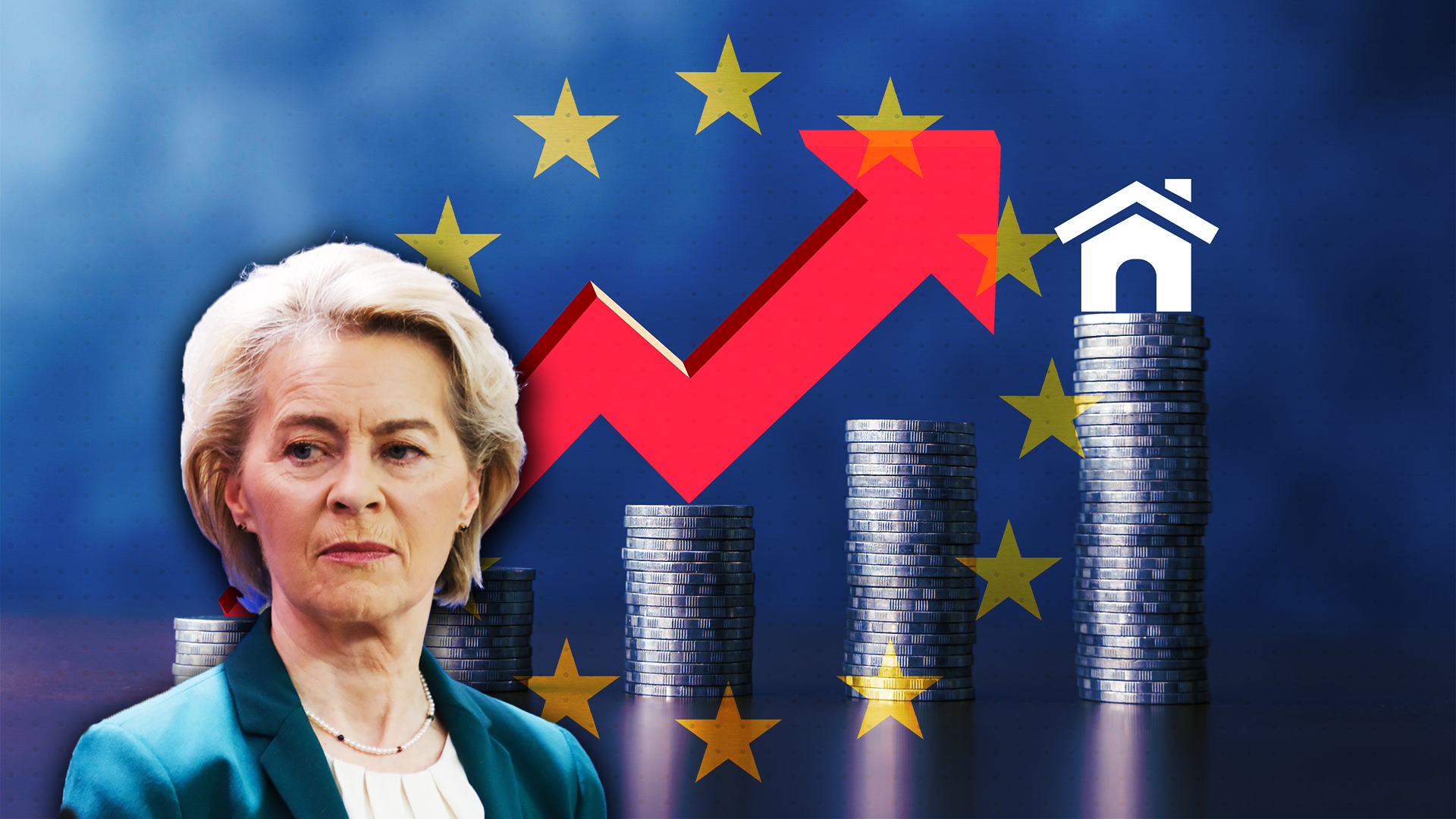Housing prices are exploding, warns Polish MEP Anna Zalewska, and EU policy backed by commission President Ursula von der Leyen will lead to disaster.
“In the European Parliament, we have recently been discussing crises themselves — the automotive industry, the competitiveness of the EU economy and yesterday, the housing crisis,” said MEP Anna Zalewska. “There is one conclusion from all these debates. Ursula von der Leyen is leading the European Union to the edge of the abyss.”
Zalewska claims that the reason for the housing crisis is EU climate regulations during the 10th session of the EU parliament, according to Polish news outlet Do Rzeczy. She cites the energy efficiency directives, as well as the regulation on eco-design, on construction products, and the certification of CO2 emissions. All of these factors are rapidly driving up the cost of not only modernizing homes, but also the cost of building new ones.
“This will make housing not only a luxury good, but also an unattainable good. What is the European Commission proposing? If someone does not comply with these documents, they will pay fines on how their apartment is heated, among other things. These documents should be thrown in the trash,” Zalewska.
Even left-wing organizations and news outlets have acknowledged that “green renovations” are driving up housing and apartment prices. In many cases, any renovations landlords will need to make to meet energy efficiency and carbon goals will be passed on to tenants.
“With their sights set on energy efficiency, policy-makers neglect that green renovations are driving up rents for the most vulnerable. Only with strong social protections and a shift away from financialization can the basic right to housing be made compatible with curbing emissions,” writes the Green European Journal.
Housing costs across Europe have already soared over the last 10 years, but in many countries, such as Germany, new-build construction has slowed dramatically. Builders cite high building material costs, high costs for labor, and a shortage of labor. In addition, national regulations have placed serious cost burdens on developers and construction companies. Now, EU regulations are expected to cost €1 trillion to bring buildings up to code in Europe in terms of energy efficiency.
However, EU regulations are not the only factors. Mass immigration is also driving up rental and even housing prices in Europe, especially in migrant-heavy countries such as Germany. Many newcomers want to live in the cities, where competition for housing is intense.
For instance, in 2002, Remix News reported that Germany’s apartment vacancy rate has seen its biggest decline in more than 20 years, falling to just 2.5 percent nationwide at the end of 2022, and migration is being fingered as one of the primary causes behind the crisis.
The data, published by consulting institute Empirica and the real estate specialist CBRE, shows that the “market-active vacancy rate,” apartments that can be rented out immediately or offered for rent over the medium term, fell 2.5 percent to about 554,000 residential units at the end of 2022.
“The (drop) in vacancies in 2022 was characterized by the immigration of around 1 million people from Ukraine,” said Empirica CEO Reiner Braun at the time.
Poland, on the other hand, has not seen an influx of foreigners at the same rate as Germany, although hundreds of thousands of Ukrainians have arrived in the country in recent years. Other factors at work are internal migration patterns to larger cities away from rural areas, international investment and speculation, and gentrification trends.
Although housing prices dipped in many countries shortly after the Covid-19 pandemic — which sent asset prices, including real estate, to sky-high prices — real estate prices are already recovering and marching higher, according to a new report from ING.






